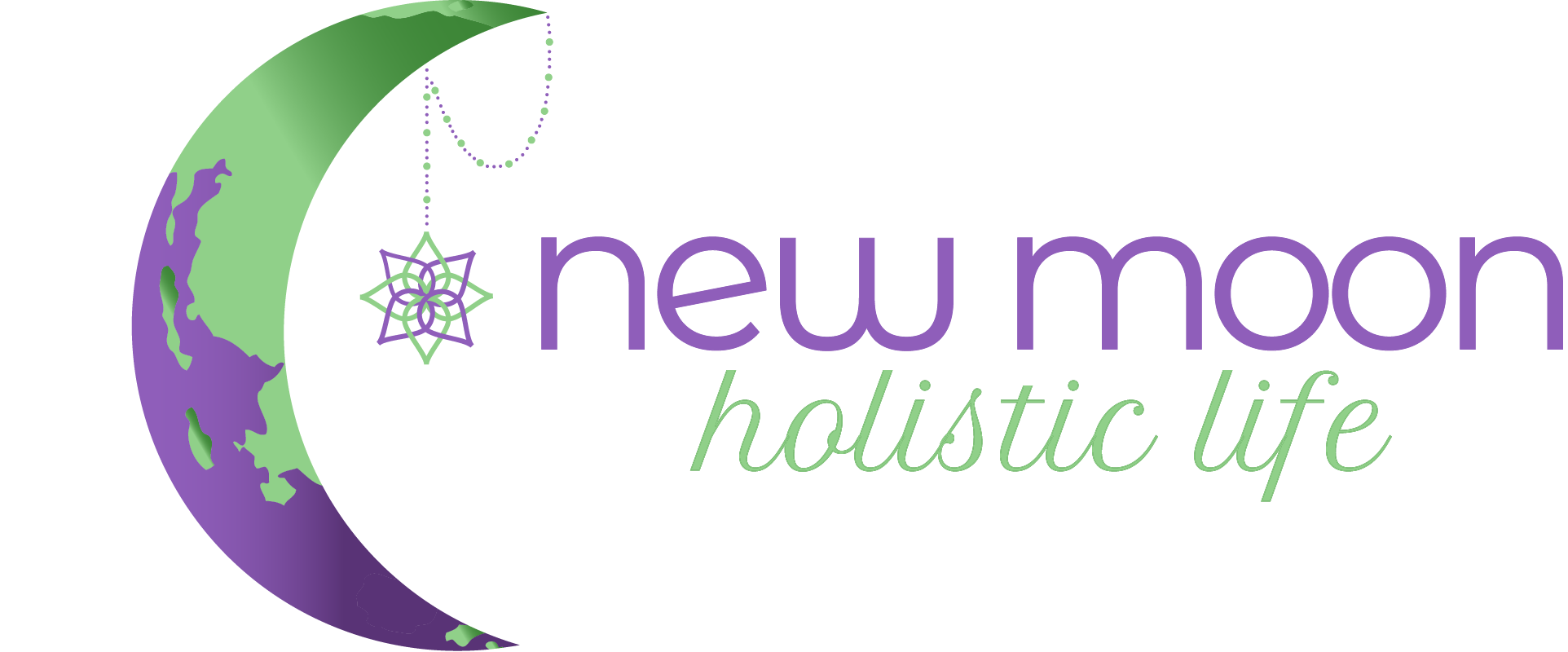
We’ve all heard so many different things called and advertised as “self-care”, so in this article, we’re going to truly define self-care and discuss how to practice self-care. We all have our own unique needs as unique individuals – so it’s important for us to define what self-care looks like to us. It’s going to look different for every person, and it can include some trial and error to find what works best for you. We’re also going to discuss how to practice self-care and develop self-care habits, including what your self-care routine may look like. We’ll even discuss some extra self-care resources for you to turn to when you need a little bit of extra support.
What does self-care mean to you?
When you are trying to define what self-care is for you, ask yourself: How am I caring for my mind, body and spirit? When we take a holistic approach, this means caring for these three parts that are all interconnected and really make up who we are as human beings. A lot of people tend to primarily see self-care as taking care of their body, but don’t forget to consider your mind (your stress levels, the content you consume, your emotions, etc.) and your spirit (your fulfillment, passion, and purpose).
There are a few core ways I always recommend to practice self-care and incorporating these into your habits:
- Eating whole, nutrient-dense foods – This affects your mind just as much as it affects your body! The quality of fuel you give your body impacts the quality of your thoughts.
- Hydration – Set those reminders to keep hydrated throughout the day, this also affects your mind and body.
- Vitamins & Supplements – Unfortunately, we are all deficient in certain vitamins and minerals – check with your doctor to find out what you can supplement to feel your best.
- Exercise – Find daily movement that you LOVE! This has a major impact on both mind & body.
- Meditation / Breath-Focused Practice – Find your version of this by taking time to be still & present. Don’t get caught up on the definition of meditation. What’s important is that you’re taking time to just breathe, be present, and observe your breath. This impacts your mind, body, AND spirit.
- Time in Nature – We are all meant to connect with nature, fresh air, and sunshine. This also has a positive effect on mind, body, and spirit.
- Sleep – Prioritizing sleep is so crucial to feeling your best and caring for yourself! This will mostly have a positive impact on your mind & body.
- Recreation – We all deserve time to play, laugh, and experience joy. This will absolutely impact the mind, body, and spirit!
- Creative Time / Feeding your passion – Reconnect with your inner child, use your imagination, and do something that makes you feel whole. While this will primarily impact your mind & spirit, you may even notice yourself feeling better physically as well. Making time to create – no matter the medium – is an important form of self-care.
How to develop self-care habits
After taking some time to identify what kinds of self-care practices you would like to incorporate (or try!) into your life, it’s important to define how this will work for you. I highly recommend having a journal so that you can really keep track of everything that you are doing. Let’s break it down:
- Start with your goals. Decide what it is that you want to work towards, and define the intended outcomes.
- Visualize yourself as someone who does these self-care practices on a regular basis, and how you would feel as that version of you. Ask yourself: what would the best and happiest version of you do on a regular basis?
- Break your goals out into action items by using subgoals, milestones, or stepping stones – whatever you’d like to call it! Goals don’t just happen, you will need to break it out into actionable steps and daily tasks/habits. This really means making some lifestyle changes so that you are working towards feeling your best. But remember, it takes time!
- Introduce new habits slowly – start with one new habit, 3 times per week. Introducing too much all at once can create overwhelm and discomfort. Take it slowly and remember to measure how it’s making you feel. Try different things as well such as doing a habit in the morning versus at night and see how that feels. Write it all down!
- Gradually increase your habit frequency and introduce another new habit. A good thing to remember: it takes 21 days to form a habit, and 90 days to create a new lifestyle.
- Be patient! Remember that change is uncomfortable, especially to your subconscious mind that works to keep you running on autopilot. Growth is not linear, some days will be more challenging than others and that’s okay.
- Planning and organizing – use a phone app, a calendar, a reminder app, a to-do list, a planner, or whatever works for you! Staying organized will keep you productive and also eliminate the overwhelm of having a lot to do and not knowing where to start.
Self-care resources
What does it mean to have different self-care resources? When you are feeling a little stressed, sad, angry, or any sort of uncomfortable emotion, it’s important to have different resources to help you feel a little better and to get through the discomfort. This means doing a little bit of extra self-care than what your normal daily habits may be.
A resource is a tool that will help you manage and tolerate your uncomfortable emotions. They can help you to feel more calm, regulated, and feel like your emotions are a little more manageable. This doesn’t mean they will necessarily make the uncomfortable emotions go away, but they can offer you support.
It’s important to remind yourself that you are not a victim when you are experiencing discomfort and in need of more support. We are pre-programmed to think this way. However, adopting a victim mentality can cause us to place blame and shift responsibility, which is not conducive to restorative self-care or healthy living. This mentality can really give away your power and leave you feeling hopeless or powerless.
If you take the time to identify some self-care resources that work for you before you are feeling overwhelmed and uncomfortable, then it will be much easier for you to turn to them when you’re really in the moment. Some great resources can be:
- Breathwork and/or grounding techniques
- Taking a walk
- Exercise
- Self-touch (hug or massage yourself)
- Being in nature
- Taking a warm or cold shower
- Listening to music or singing
- Holding your pet
- Painting
- Journaling
A self-care resource is the same as developing self-care habits: it’s important to establish your own resource list so that you can remove any self-sabotaging behaviors and replace them with a resource that will support you. You need to learn to speak your own self-care language. In order to understand yourself better, try different things and figure out what works best for you.
Self-care is your own personal journey. What works for your friend or family member may not work for you, and that is okay! Have patience and compassion for yourself as you define your self-care habits, and slowly introduce new things into your daily routines. Also spend some time defining resources that will help you when you need a little extra TLC. Self-care is your own unique, individual path to walk. While you can take examples from this article or from other people, make sure that you experiment and see what works best for you as a unique and individual person – you won’t know until you try new things and observe how they make you feel!
Looking for guidance on your self-care journey? Reach out for a free discovery session to see if working with me would be a good fit!

